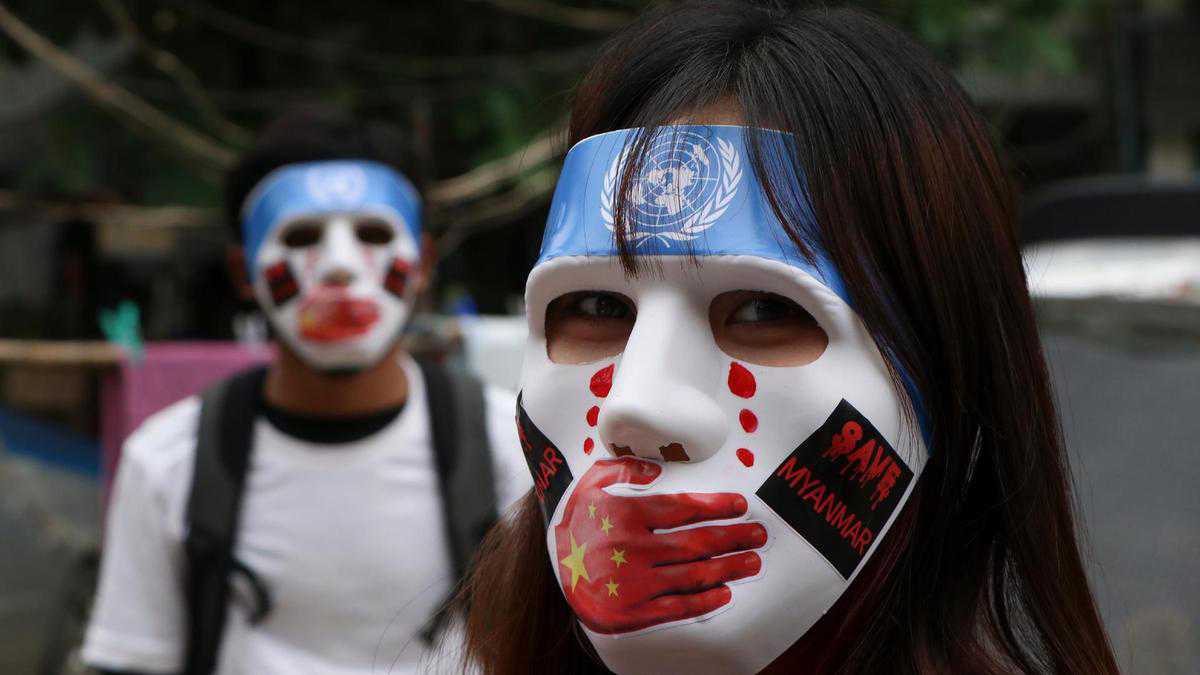Facebook executive on harmful content material: 'There is not a perfect law out there'
08 April, 2021

There are no "perfect" laws to regulate harmful content online all over the world but Facebook would welcome regulation, a vice president of public policy at the social media company said, echoing earlier statements by founder Mark Zuckerberg.
"We don't suspect you will find a perfect regulation out there that people can point to and say everybody should do that," Simon Milner, vice president of public insurance policy in Asia Pacific at Facebook explained. "Hopefully, soon we will have an example where we can say, 'Actually, this country's first got it proper'. And we are able to all kind-of receive behind that."
Disinformation, abuse and harmful articles published on technology systems poses a great urgent threat to world as life increasingly movements online.
Every minute, 500 time of training video are posted to YouTube and 243,000 images are uploaded onto Facebook, in line with the World Economic Forum. On Facebook alone, 11.6 million bits of content material on child nudity and sexual exploitation of children had been removed in the 3rd quarter of 2019, a considerable increase on the prior quarter. Bullying, fake accounts to spam or defraud and terrorist propaganda is also spreading rapidly.
For nowadays, Facebook is basically policing itself for harmful articles.
The world's biggest social media company employs 35,000 people to develop technology that may constantly scan for against the law activity, hate speech or disinformation on its website and app.
"Most people aren't reviewing content, they are designing technologies and iterating on those technologies to continually improve them," he said of the massive articles moderation workforce. He claimed Facebook discovers the majority of harmful content material before users see it and highlighted progress in the company's capability to monitor itself.
But the company also generally outsources its moderating, a practice that's increasingly facing backlash, a report by The National found before this season. Last year, a lot more than 200 moderators signed an wide open letter to Facebook and outsourcing organizations utilized by the social media giant citing considerations over Covid-19 once they were told to work from any office carrying out Facebook’s “most brutal work”.
Mr Milner said technology used to monitor content gets better, despite the fact that moderating by humans continues to be necessary. Three years ago, when Facebook began monitoring for hate speech employing machine learning, the business caught only 25 % of the content in this manner. Now, 97 per cent of hate speech on Facebook is detected by these algorithms.
He acknowledged "we don't always obtain it right, as a result that combo of technology and human review is really important".
Mr Milner, who made his comments on a good panel at the Environment Economic Forum's Global Technology Governance Summit, echoed the communication of Mr Zuckerberg, who for a long time has said he needs more from politicians.
In a 2019 op-ed written for the Washington Content Mr Zuckerberg called for the regulation of "harmful content, election integrity, privacy and data portability".
Lene Wendland, a chief available and human rights portion of the US who spoke on the same panel on Wednesday, said that "nobody has gotten it specifically right" from a regulatory or organization standpoint when it found online content.
But she commended Facebook for the people rights commitment it released last month.
In March, Facebook didn't change any of its existing guidelines but laid out a fresh policy holding itself accountable to human being rights as described in international law, like the United Nations Guiding Principles on Business and Human Legal rights (UNGPs).
Critics said the coverage was too much time in the making, but Ms Wendland said it had been "a clear human rights commitment" that would crucially allow Facebook to come to be "held to consideration by stakeholders".
She added that given the policy was just a few weeks old it could ought to be continually monitored, but she sounded a note of optimism that businesses were "embracing responsibility" and "experimenting" with ways to address harm online.
The plan lay out by Facebook will increase transparency from the business. It plans to record "critical human rights concerns" to its board of directors. Even so, how those issues would be identified had not been specified.
Facebook also said it could release an gross annual public report about how it had been addressing human rights problems stemming from its items, establish an independent oversight board and transformation content plans, including creating a fresh policy to eliminate verified misinformation and unverifiable rumors that might put people at risk of imminent physical harm.
Source: www.thenationalnews.com
TAG(s):
